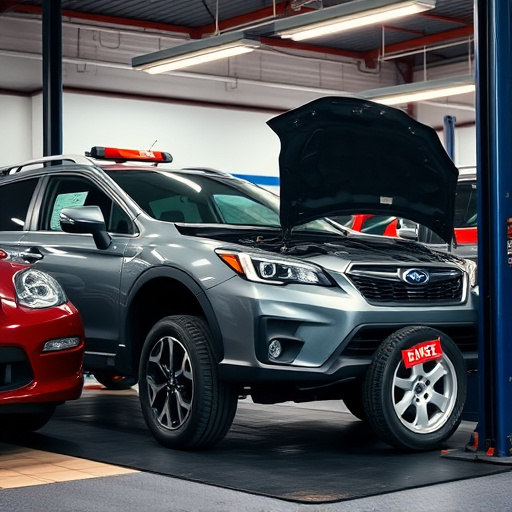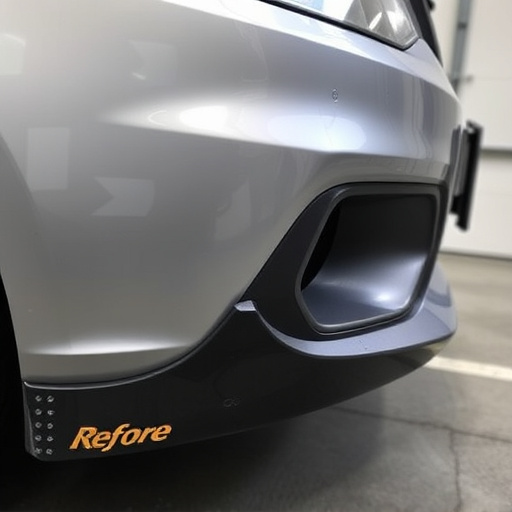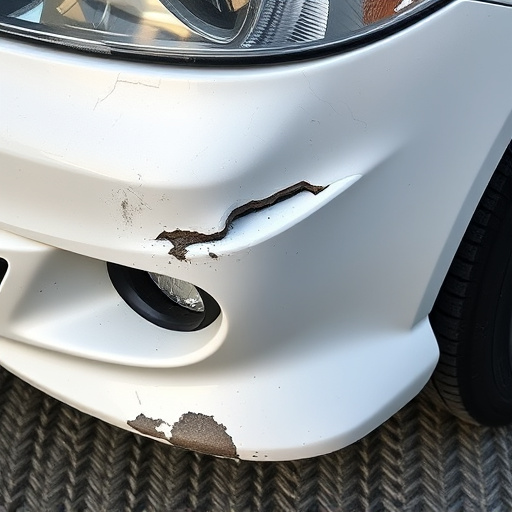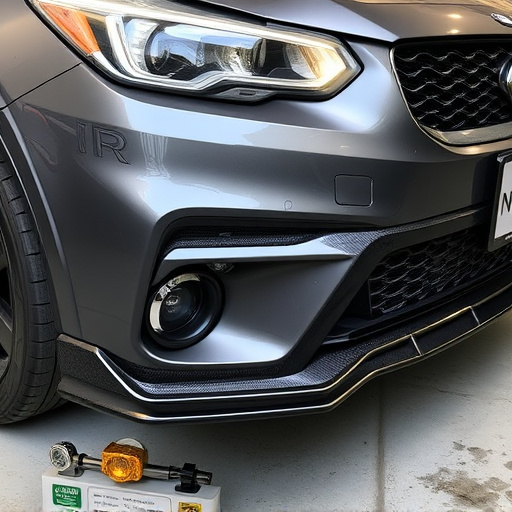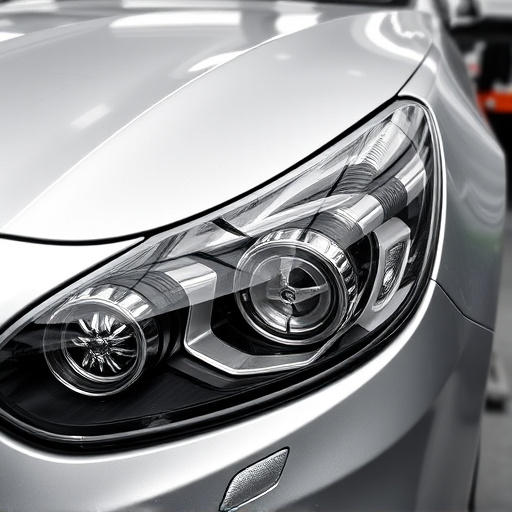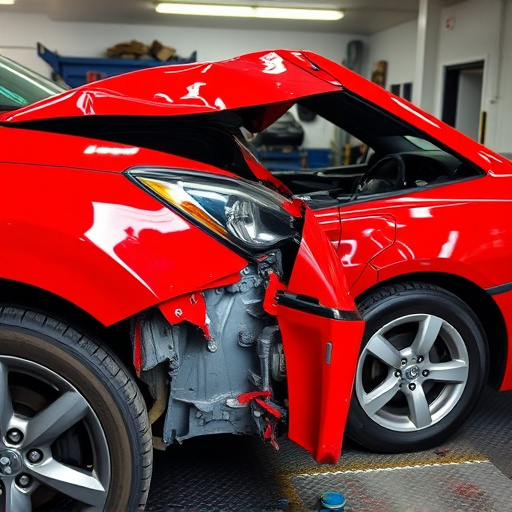Understanding paint repair warranty rights is crucial for automotive sector consumers and businesses. This legal safeguard ensures pre-accident vehicle condition restoration, with warranties covering subpar workmanship or materials defects for several months to a year without additional cost. Consumer protection laws and industry regulations ensure high standards, fostering satisfaction and integrity. However, warranties often come with exclusions and limitations like time limits, specific maintenance requirements, and restrictions on covered damages.
In the intricate landscape of consumer rights, understanding paint repair warranties is paramount for both consumers and businesses. This article delves into the legal protections that support holders of such warranties. We explore the robust legal frameworks designed to safeguard their interests, while also unraveling common exclusions and limitations. By gaining insights into these key aspects, consumers can navigate warranty claims more effectively, fostering a vibrant and trustworthy market for paint repair services.
- Understanding Paint Repair Warranty Rights
- Legal Frameworks Protecting Warranty Holders
- Common Exclusions and Limitations in Paint Warranties
Understanding Paint Repair Warranty Rights
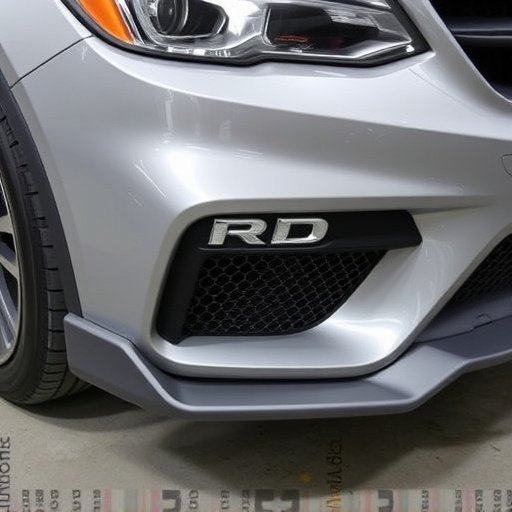
Understanding Paint Repair Warranty Rights is essential for both consumers and businesses within the automotive industry. A paint repair warranty serves as a legal safeguard, ensuring that vehicles undergoing collision damage repair or car dent repair are restored to their pre-accident condition. This warranty stipulates specific obligations and protections for the owner, guaranteeing the quality of the paint job and addressing potential issues that may arise during the repair process.
In the event of subpar workmanship or materials used in a paint repair service, the warranty provides recourse for owners. It outlines the duration of coverage, typically ranging from several months to a year, during which any defects or inconsistencies in the paint job can be addressed without additional cost. This legal protection encourages auto body shops and collision centers to uphold high standards, ensuring consumer satisfaction and promoting integrity within the auto maintenance industry.
Legal Frameworks Protecting Warranty Holders
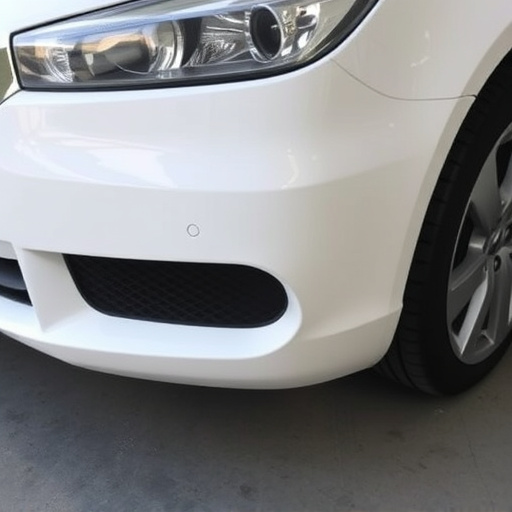
The legal frameworks protecting paint repair warranty holders are multifaceted, ensuring consumers receive reliable and honorable service from car body shops. Many countries have implemented consumer protection laws that explicitly cover warranty agreements, including those related to paint repairs. These laws stipulate that any deviations or breaches in the stated warranty can lead to legal repercussions for the automotive repair shop.
Additionally, industry-specific regulations and guidelines further strengthen the rights of warranty holders. For instance, when a customer avails of car paint services, the shop is bound by standards that outline the quality expectations, duration of warranties, and procedures for handling disputes or defects. Adhering to these standards not only ensures consumer satisfaction but also provides legal backing for warranty claims, making it easier for individuals to seek redress if their painted cars do not meet the agreed-upon specifications from reputable car body shops.
Common Exclusions and Limitations in Paint Warranties

Paint repair warranties are designed to protect consumers and ensure quality workmanship for paint jobs. However, it’s important to understand that these warranties often come with certain exclusions and limitations. Common clauses include time limits on the warranty period, specific conditions under which the warranty is valid (like proper vehicle maintenance or previous absence of damage), and restrictions on what types of damages are covered. For instance, many paint warranties do not cover issues arising from normal wear and tear, environmental factors like exposure to harsh chemicals or extreme weather, or mistakes made by the owner after the repair.
In terms of automotive restoration, car dent repair, or auto body repairs, these exclusions can significantly impact the consumer’s experience. While paint repair warranties aim to guarantee a specific level of quality, they also serve as a safeguard for businesses, protecting them from unreasonable claims. Therefore, it’s crucial for both parties—the warranty holder and the service provider—to thoroughly understand and agree upon the terms and conditions before agreeing on any repairs.
The legal protections surrounding paint repair warranties are designed to ensure consumers receive quality service and compensation for valid claims. Understanding these rights, as outlined in this article, is crucial for both warranty holders and businesses offering such services. By navigating the legal frameworks and being aware of common exclusions, individuals can make informed decisions when choosing a paint repair service, ultimately fostering a reliable and trustworthy industry. This knowledge empowers consumers to assert their warranty rights and receive the support they deserve for their painted surfaces.
